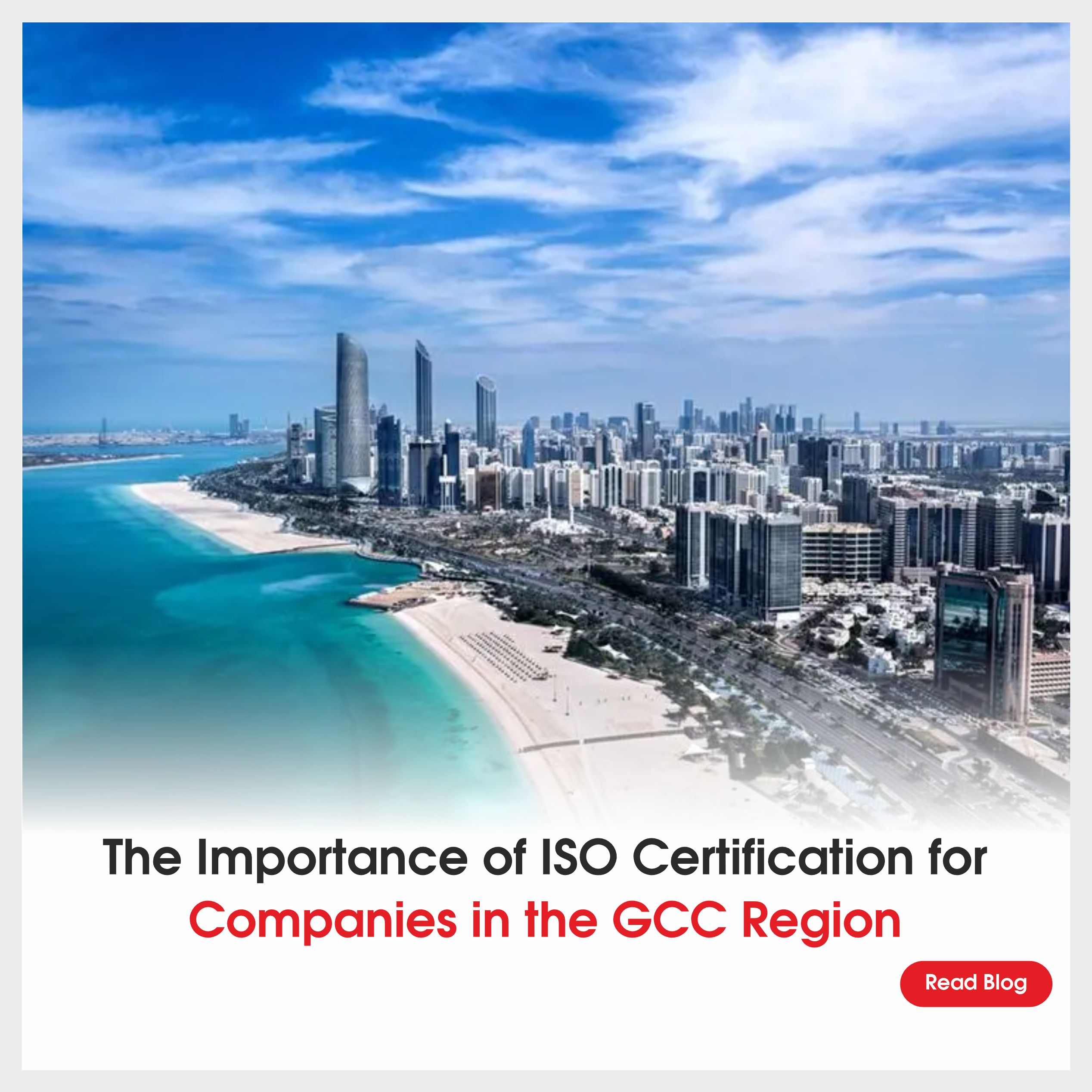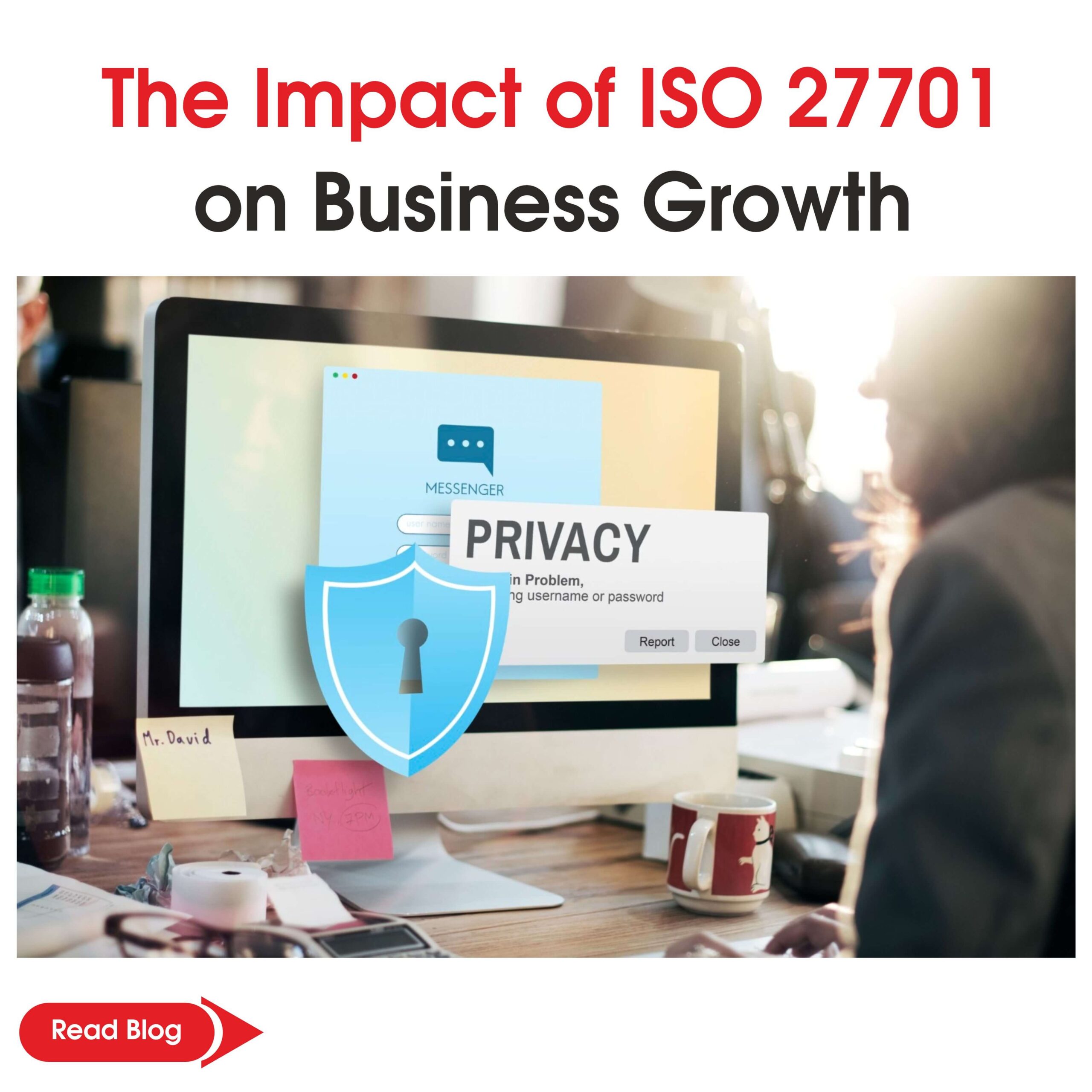The Gulf Cooperation Council (GCC) region, which encompasses Saudi Arabia, Oman, Bahrain, Morocco, the United Arab Emirates (UAE), Kuwait, and Qatar has established itself as a center of economic growth and commercial innovation. In this dynamic scenario, ISO certification plays an essential role in achieving organizational excellence, creating international trust, and maintaining long-term competitiveness.
Understanding ISO Certification
ISO (International Organization for Standardization) is an independent non-governmental organization that establishes worldwide standards to ensure the quality, safety, and efficiency of goods, services, and systems. Obtaining ISO certification demonstrates that a company follows globally recognized best practices, which is essential in a region as interconnected and competitive as the GCC.
Why ISO Certification Matters in the GCC
The GCC region has been highlighted for its numerous businesses, including oil and gas, construction, healthcare, manufacturing, and information technology. In such a competitive environment, ISO certification provides a number of advantages :-
Enhanced market reputation – Companies that have achieved ISO certification receive an advantage in terms of trust and reputation. ISO certification is considered as proof of quality and dependability by clients and stakeholders. This is particularly noteworthy in nations like Saudi Arabia and the UAE, where companies frequently serve to worldwide markets.
Regulatory compliance – The GCC region has rigorous regulatory structures. ISO certifications, such as ISO 9001 for Quality Management Systems and ISO 14001 for Environmental Management Systems, assist organizations in complying with local and international legislation, lowering legal risks.
Operational Efficiency – ISO standards promote streamlined procedures and the elimination of inefficiencies. For example, ISO 45001 for Occupational Health and Safety Management is highly relevant in Qatar and Kuwait’s construction and oil sectors, where worker safety is essential.
Access to new markets – ISO certification is sometimes necessary for international project bidding. Companies in Bahrain and Oman wishing to expand abroad benefit from ISO-certified systems, which demonstrate their dedication to quality and position them as dependable partners.
Customer Satisfaction – ISO 9001, for example, emphasizes constant service quality to increase customer satisfaction. In service-driven economies such as the UAE and Qatar, meeting and exceeding consumer expectations is a requirement.
Risk Management – ISO certifications, such as ISO 27001 for Information Security Management, assist organizations in reducing risks by safeguarding essential data. This is especially essential for Bahrain and Morocco’s banking and technology sectors.
Key Industries Benefiting from ISO Certification in the GCC
Oil & Gas – The oil and gas sector represents the backbone of the GCC economies. ISO certifications such as ISO 29001 (which applies to the petroleum, petrochemical, and natural gas industries) ensure operational integrity, safety, and environmental compliance, particularly in Saudi Arabia and Kuwait.
Construction & Infrastructure – The GCC is experiencing a development boom, particularly in Qatar (owing to projects such as the FIFA World Cup 2022 Legacy) and the UAE (with a focus on smart cities). ISO 45001 and ISO 14001 certifications are required to ensure worker safety and environmental sustainability.
Healthcare – With increased investments in healthcare infrastructure, particularly in Saudi Arabia and the UAE, certifications like as ISO 13485 for medical devices and ISO 15189 for medical laboratories are becoming more significant.
Tourism and Hospitality – The UAE and Oman are prominent players in the worldwide tourism business. ISO 22000 for food safety management guarantees that hospitality companies provide safe and high-quality experiences for their customers.
Manufacturing – Manufacturing has become more prevalent as the GCC’s economies diversify. ISO certifications, such as ISO 50001 for energy management, assist industries in Bahrain and other GCC countries for enhancing energy efficiency and reduce expenditures.
The Role of ISO in Sustainability and Innovation
Sustainability is a key emphasis for GCC countries, particularly through projects such as Saudi Vision 2030 and the UAE’s Net Zero by 2050 goal. ISO certificates play an important role in accomplishing these goals.
Environmental Responsibility – ISO 14001 assists businesses in reducing their environmental effect, which aligns with global sustainability goals.
Energy Efficiency – Standards such as ISO 50001 help businesses optimize their energy use, which is necessary for Oman and Qatar’s energy-intensive industries.
Innovation and Growth – ISO certifications promote a culture of continuous improvement, which drives innovation and economic diversity.
Steps to Achieve ISO Certification
Obtaining ISO certification is an organized process.
Identify Relevant Standards – Companies ought to select relevant standards based on their industry demands, such as ISO 9001 for quality and ISO 27001 for information security.
Gap Analysis – Assess current processes against ISO standards to discover opportunities for improvement.
Implement necessary changes – Create and document new procedures, train employees, and build a strong management structure.
Internal Audit – Perform an internal examination to guarantee conformity before inviting an external certifying authority.
Certification Audit – A recognized certification authority assesses the organization’s compliance and provides certification upon successful completion.
Continuous Improvement.
Maintain certification by sticking to requirements and conducting frequent surveillance audits.
Selecting the Right Certification Body – The success of the certification journey is dependent on the selection of a credible certifying organization. Companies in the Gulf Cooperation Council frequently choose internationally renowned groups with a strong local presence to assure cultural and regulatory compliance.
Conclusion
For businesses in the GCC area, ISO certification is an effective tool to attain operational excellence, foster trust, and maintain competitiveness on an international scale. It is more than simply a badge of honor. ISO standards are essential for satisfying environmental regulations in Oman, improving consumer satisfaction in the United Arab Emirates, and guaranteeing safety in Saudi Arabia’s oilfields.
Obtaining ISO certification is an investment in the future for companies in the GCC. It emphasizes a dedication to sustainability, innovation, and quality—values that appeal to stakeholders everywhere. Businesses may successfully negotiate the difficulties of a constantly changing global market by adopting ISO standards, which will guarantee long-term profitability and expansion.



